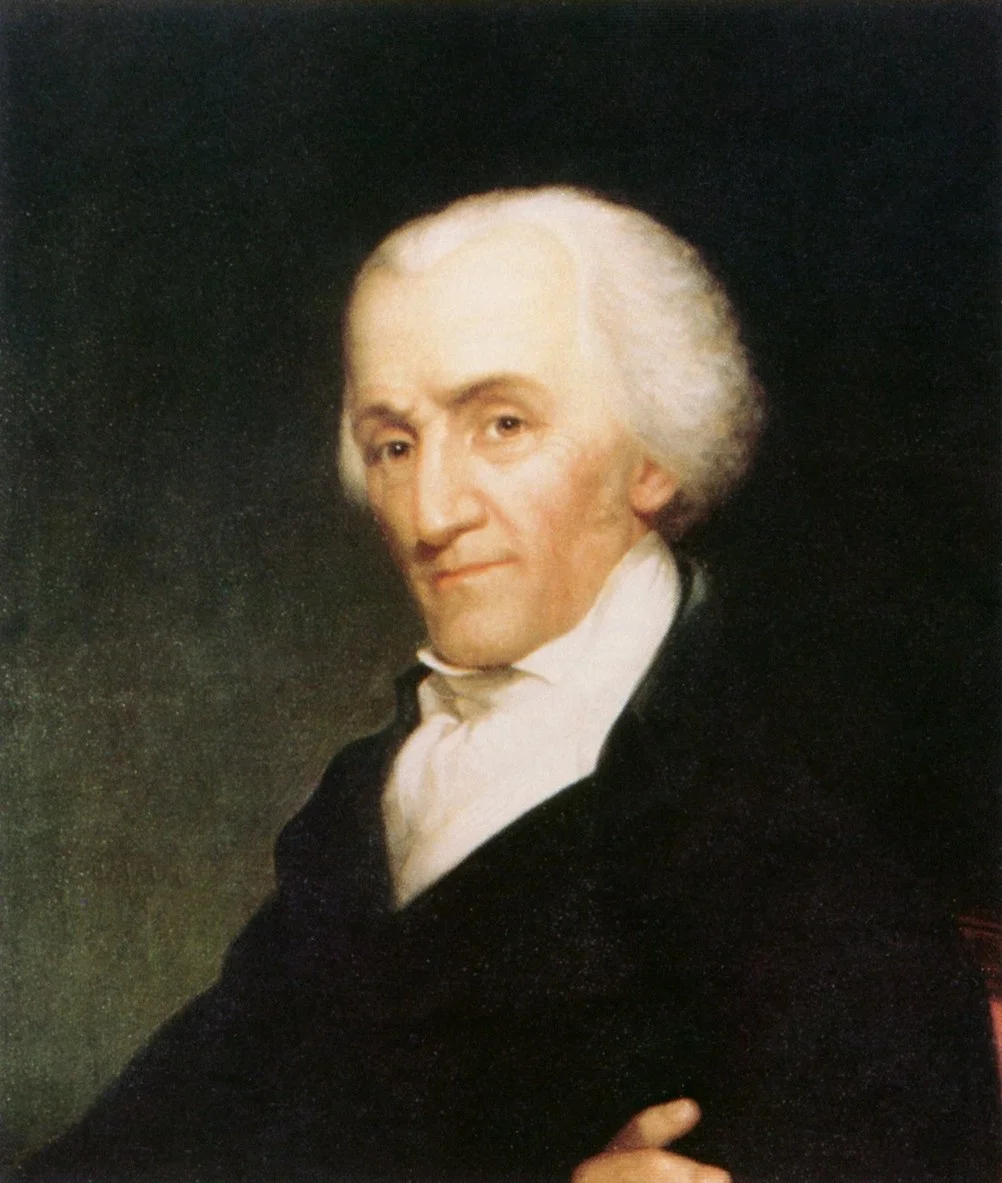Segment 76: What’s in a name?
An eponym is a word named after a person. Some are self-explanatory. Some are more obscure.
Adam’s apple: The throat feature – women do have them, just not as prominently – stems from the biblical story that the forbidden fruit stuck in Adam’s throat.
Axel jump (ice skating): Norwegian skater Axel Paulsen introduced the jump back in 1888.
Ball jar, Mason jar: John Landis Mason invented the jar in New Jersey in 1858. William Charles Ball and his four brothers invented a variation in 1880 in Buffalo and took over Mason’s patent when it expired. The Ball brothers went on to found Ball State University in Muncie, Indiana.
Boycott: 1880s Irish tenant farmers refused to do business with a British estate manager, Charles Cunningham Boycott.
Chauvinist: Nicolas Chauvin was a character in the 1831 play La Cocarde tricolore who was noted for his excessive patriotism and devotion to Napoleon.
Cologne: Named for the French pronunciation of Köln, the German city where it was created in the early 18th century. At the time, French was the official language of international commerce, and smart marketing said “Eau de Cologne” sounded better than “Kölnisch Wasser.”
Diesel: In the 1880s, German engineer Rudolf Diesel developed an internal-combustion replacement for steam power.
Fahrenheit: The now-archaic system used by America, and just about nobody else, was developed by Daniel Gabriel Fahrenheit, a German scientist born in Poland in 1686.
Architectural Digest
Gaudy: Some believe this term for “tastelessly ornate or showy” refers to the avant-garde Spanish architect Antoni Gaudi (1852-1926), most famous for Barcelona’s “Sagrada Familia” (holy family) cathedral, under renovation for more than a century, but finished any day now! Actually, “gaudy” dates back to old English of the 1600s.
Gerrymander: In 1812, Massachusetts Gov. Elbridge Gerry (actually pronounced with a hard G), a Founding Father, approved a plan to bizarrely redraw districts to benefit his party.
Guppy: in 1866, Robert John Lechmere Guppy sent specimens of the fish from Trinidad to the Natural History Museum in London.
Hobson’s choice: Meaning a choice between two untenable options, it was named for Thomas Hobson, who, in the late 1500s, ran a British mail service and rented his horses to college students off hours. When some mounts became overworked, Hobson told the students to take the horse nearest the stable door, or none.
Masochism, Sadism: In the 1800s, Leopold von Sacher-Masoch, whose name became a term for a sexual need to be dominated or punished, wrote of women as femme fatales who sexually victimize men. And in 1785, the Marquis de Sade, imprisoned in Paris’ Bastille prison, wrote 120 Days of Sodom, a sexually explicit account of four men who kidnap selected victims for a nonstop orgy and subject them to rape, torture, and various mutilations.
Pasteurized: In the 1860s, the famed French scientist Louis Pasteur developed the process of heating wine to destroy microorganisms, and later extended it to milk and other spoilable substances.
Nicotine: Jean Nicot de Villemain, a French ambassador to Portugal, sent tobacco seeds to Paris in 1550.
Poinsettia: In 1828, Joel Roberts Poinsett, an American botany enthusiast and the first U.S. ambassador to Mexico, brought back the colorful plant to his South Carolina home.
Sandwich: While the idea of meat jammed between two pieces of bread dates back centuries, legend credits English politician John Montagu, the fourth Earl of Sandwich, who sat for 24 hours at a gaming table, too absorbed to leave, while people brought him the meal later named for him.
Saxophone: In the 1840s, Belgian-born musical instrument designer Adolphe Sax wanted to create an instrument that combined the best qualities of a woodwind with those of a brass instrument.
Shrapnel: 18th century British artillery officer Henry Shrapnel developed a "spherical case," a hollow cannon ball filled with shot which burst in mid-air. It later became a term for any ordnance fragment.
Valentine: The saint, or saints, for which the day of romance is named, reportedly secretly performed illegal weddings in the third century and were beheaded.
Watch this on video: https://youtu.be/hQVSnrqZBUM
Next time: A million volts worth of words that are names.
Items before the Assizes:
Oyez, Oyez, Oyez! On the docket:
Loyal reader and occasional contributor Robin Kert noted this item in our Nov. 26, 2023 segment: “Good neighbors curb their dog.” Sounded like one dog. We suggested, “Good neighbors curb their dogs.” Robin writes, “How about ‘Good neighbors leash their dogs.’ Straightforward language everyone understands.” “Horribly Wrong” is about clarity. We therefore CONCUR.
Readers: "Something Went Horribly Wrong" features samples of bad writing we see nearly every day. You can participate! Be our duly deputized “grammar police.” Your motto: “To protect and correct.” Send in your photos of store signs, street signs, menus, TV news graphics, newspaper headlines, tweets, and so on. It doesn’t have to be a grammatical error. It can be just what we call “cowardly writing.” Include your name and home town so we can credit you properly. You're free to add a comment, although we reserve the right to edit or omit. Now get out there! Send to Eliot@eliotkleinberg.com
Haven’t signed up for our newsletter yet? Do it now! And tell your friends!
NOTE: Eliot and Lou Ann are available for speaking engagements, and can travel. Reach us through the comments section. Just think of all of your employees getting back to work on a Monday, their heads filled with all the ways we’ve shown them to be better communicators!








